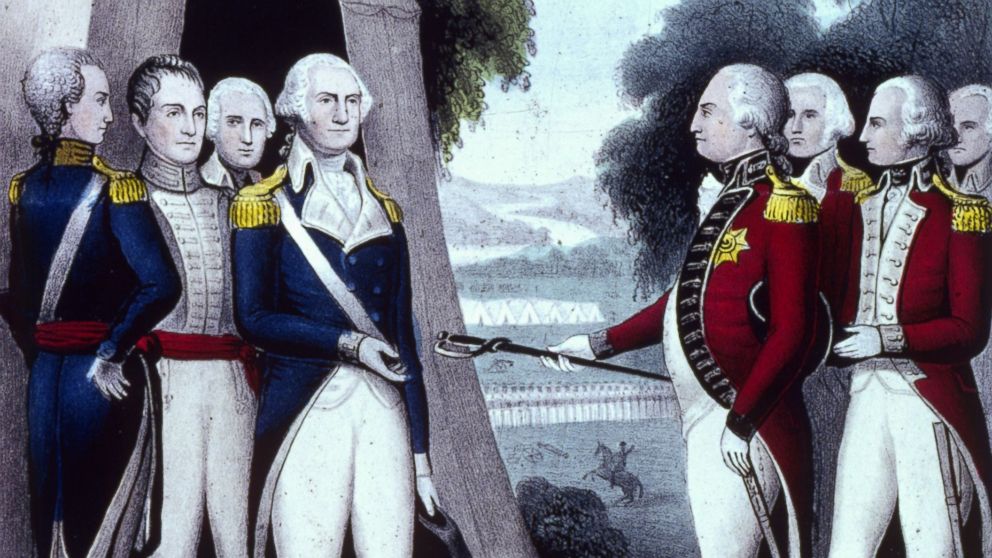From Evolution to Revolution: A New Campaign
The 2016 presidential campaign has already begun in earnest.

— -- The 2016 presidential campaign has already begun in earnest, and I have been thinking there are three strategic approaches that the campaigns have a choice in making. And while each one has its benefits and risks, only one has the chance of really moving us forward as a country to a new and better place.
The first strategic approach a campaign can take is basically following the strategy and tactics of the last campaigns. I call this the historic or prerevolutionary approach. You look back at the successful campaigns of the past and basically follow their structure and plan. In this prerevolutionary strategy you don't really update your efforts to fit the current dynamic and environment. You actually don't even take the time to see what the political environment is and if it has really changed. You merely adopt the "winning" tactics of a previous campaign and move forward.
This historic approach is fundamentally based in the past. And I have watched many losing campaigns follow this pattern. While a campaign in the past might have been successful at that time, it no longer fits today’s political environment, and thus is bound to lose unless it is up against another campaign following a prerevolutionary model. Why do candidates and campaigns choose this one? Because it is safe and because candidates and operatives are risk-averse. In their mind it is better to go with what worked before, and then you won't be blamed if you mess up because you merely followed a previous winning playbook.
The next strategic approach is based in the present. It is a model I will call the evolutionary strategy. One examines and understands the current ecosystem of politics very well, and composes a strategy, which updates old models and innovates tactically so that you can increase the likelihood of success. This is a model that is Darwinian in approach where the survival of the fittest wins out.
This evolutionary approach is what gave us political advertising, Internet campaigns, soccer mom strategy, micro-targeting, big data, etc. It is a model we successfully put together in the 2004 Bush re-election campaign, and the Obama folks updated in the 2008 and 2012 campaigns. It is an approach that is innovative and incremental in modernization of politics by creating strategy and tactics that fit today's environment perfectly. It is a strategy that fundamentally has an ends justify the means approach and one in which winning an electoral victory is the main goal. This evolutionary strategy is one desired by most candidates and operatives because it gives them the greatest opportunity for winning an election. There is more risk here than the prerevolutionary or historic approach, but a thorough understanding of the political environment and dynamics mitigates this risk.
The third model a campaign could pick, but one in which is seldom chosen, is the revolutionary approach. This strategy knows the lessons of the past, understands very well the present moment and environment, but seeks not to just win, but to change the way politics is practiced. It is a strategic approach that doesn't have winning the election as the end point, but it is a model that wants to show a whole new and better way to engage politically.




